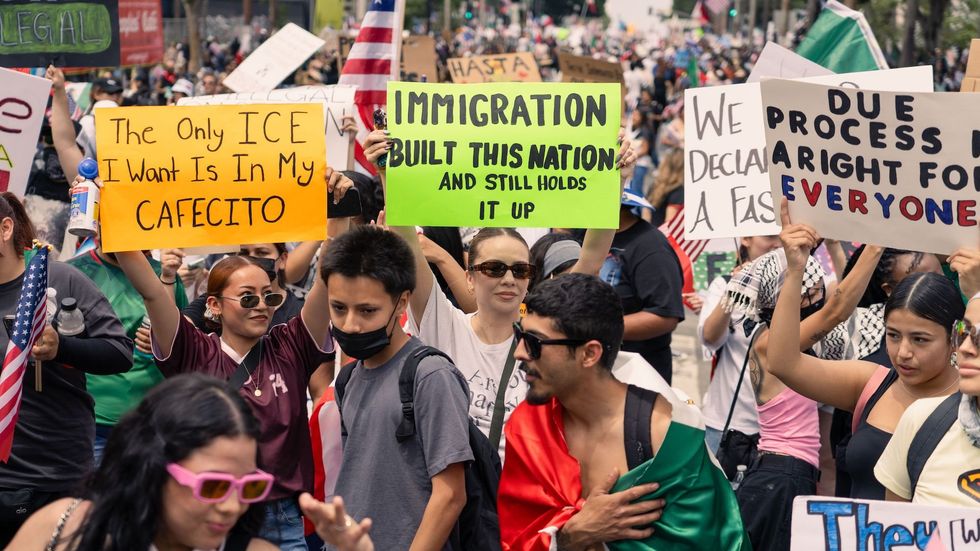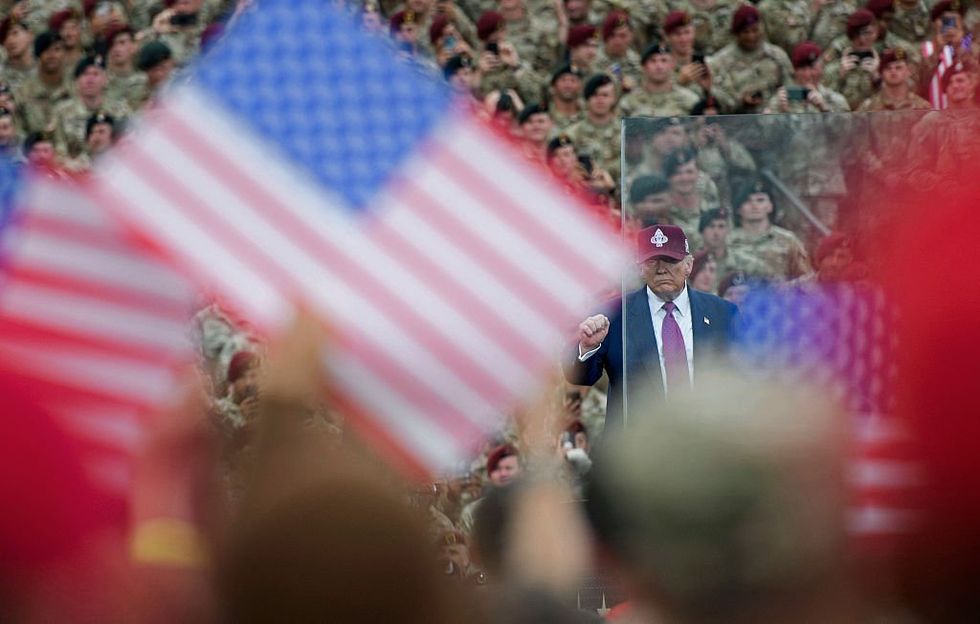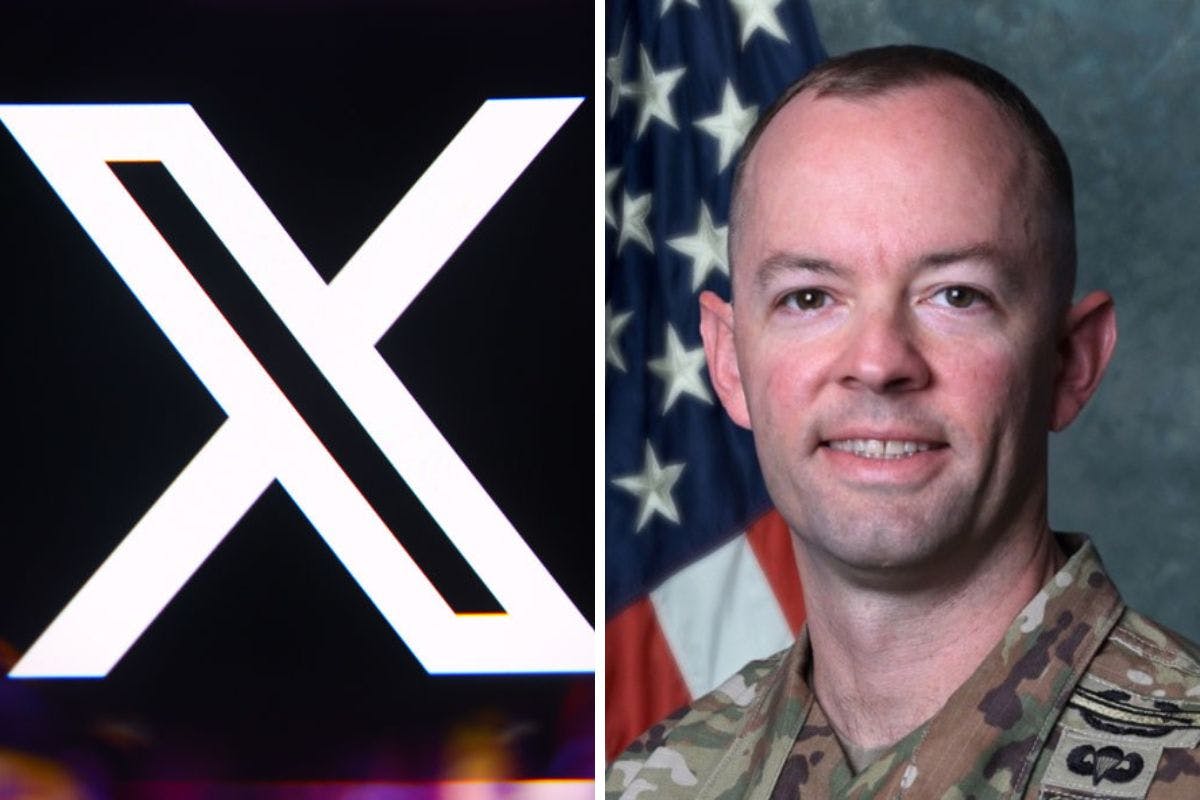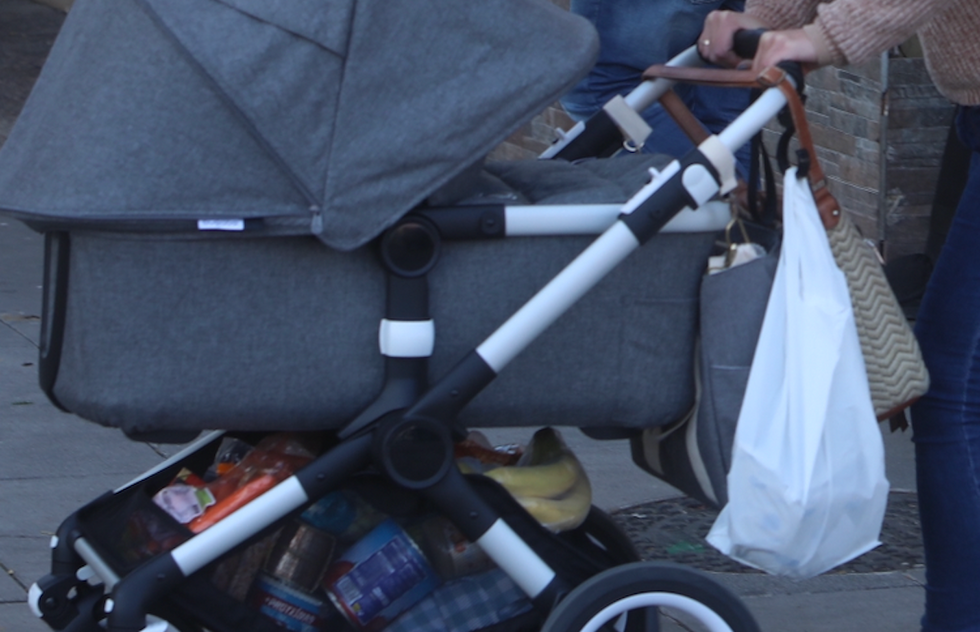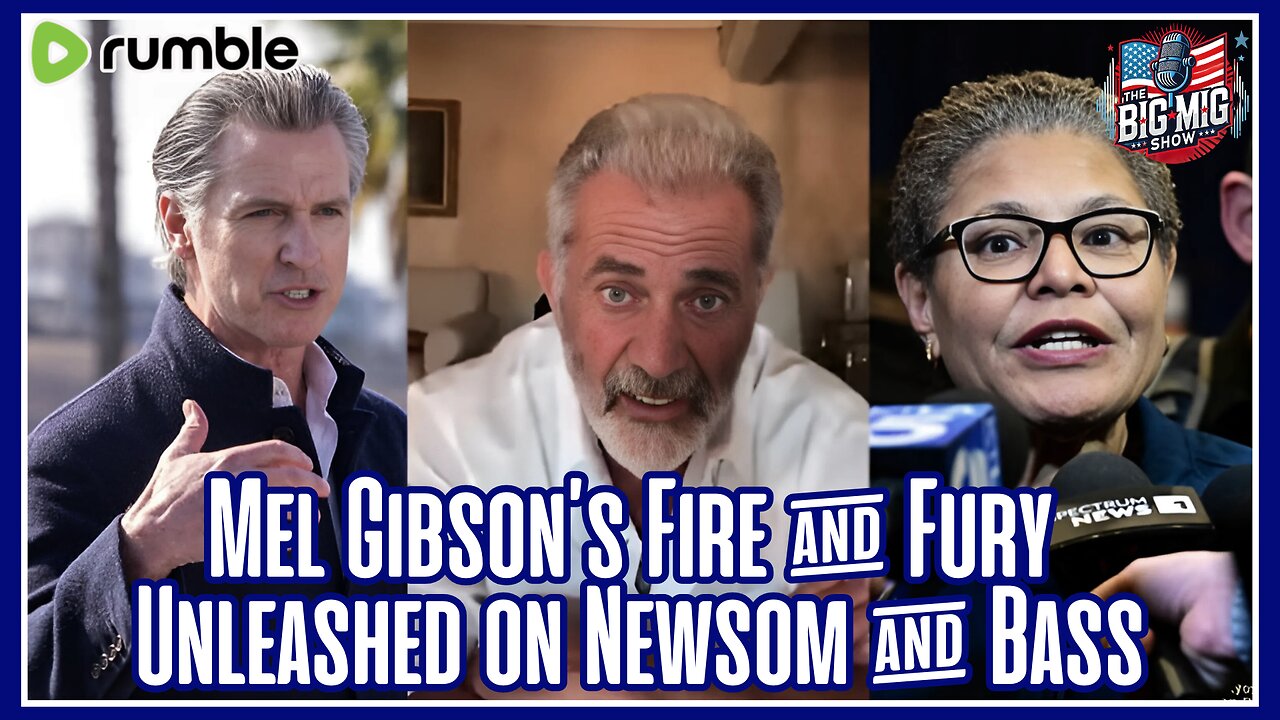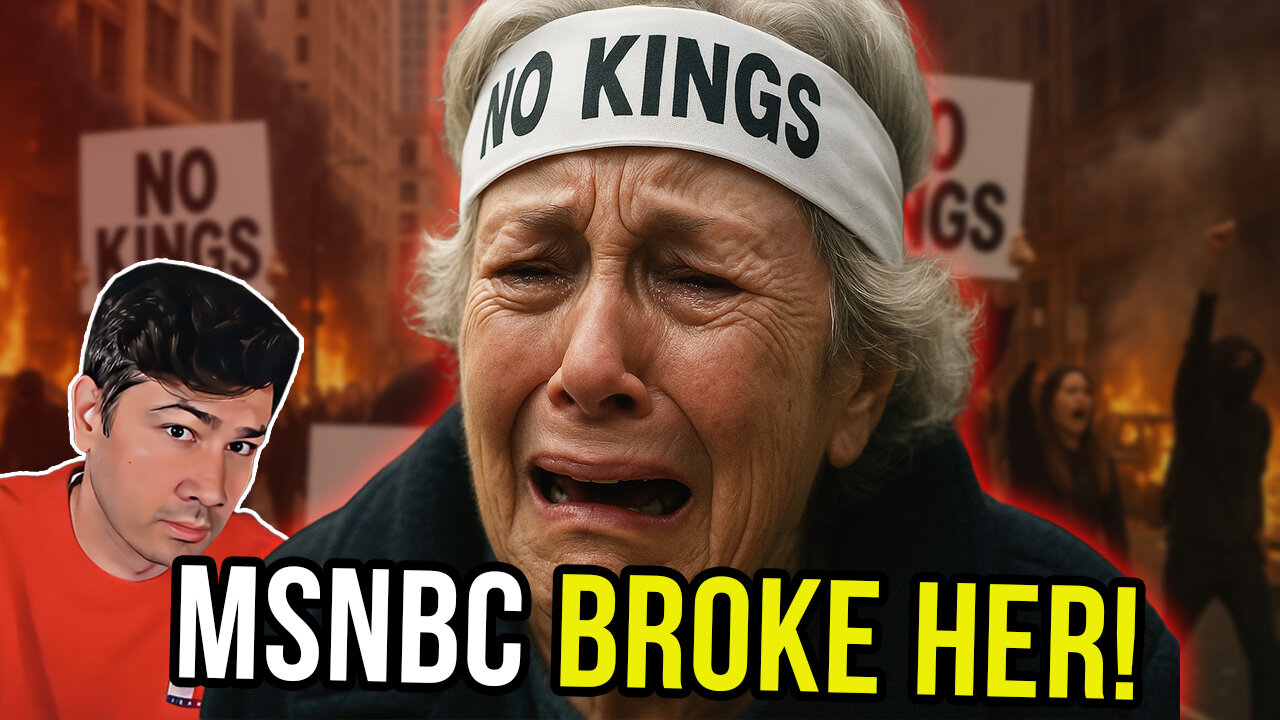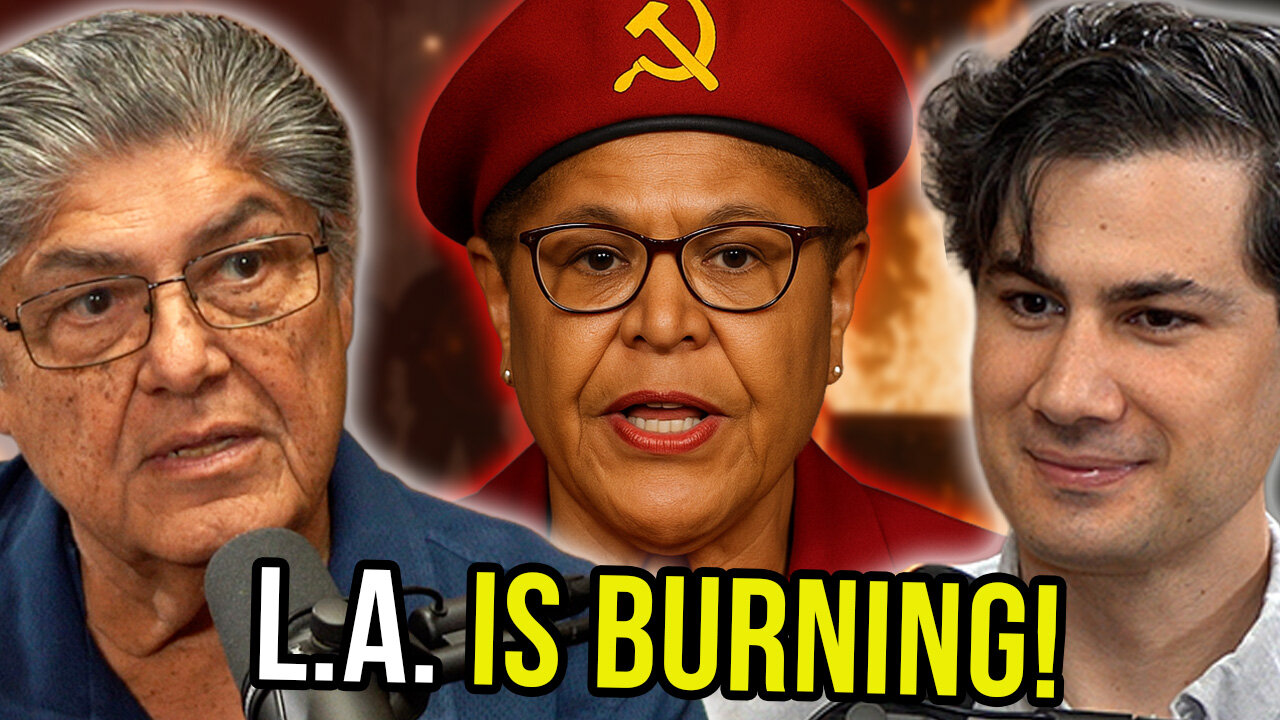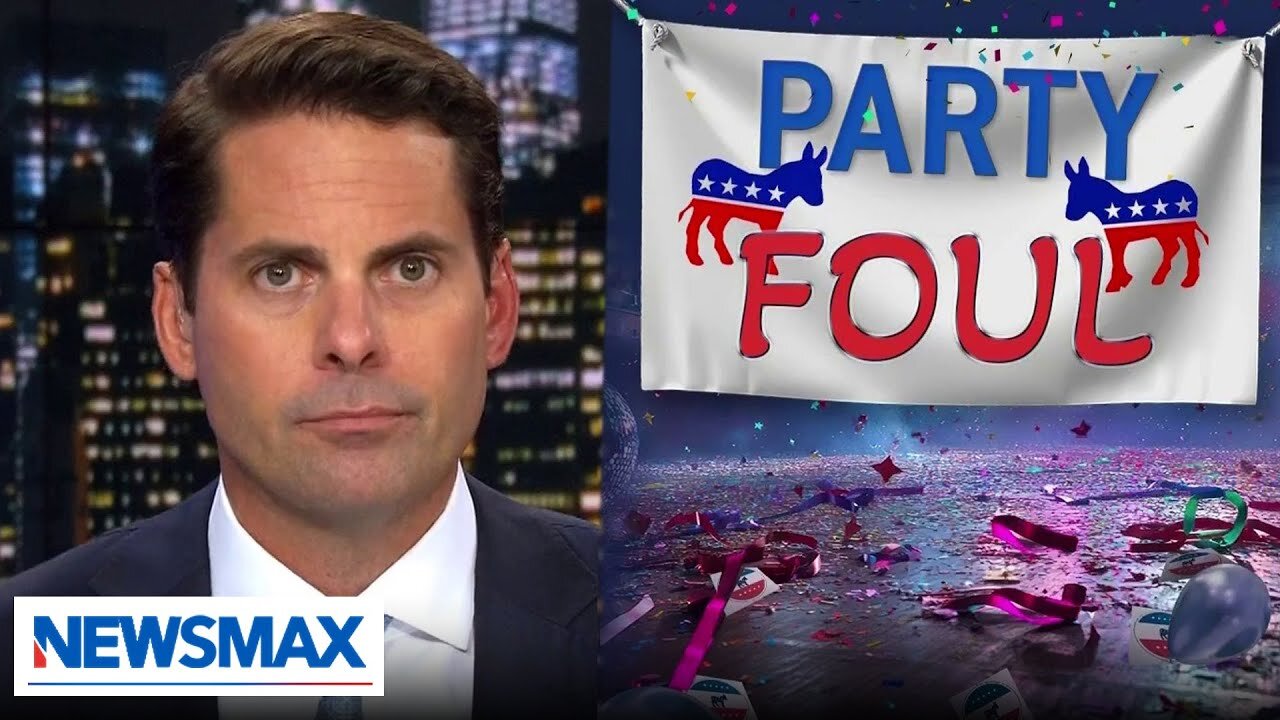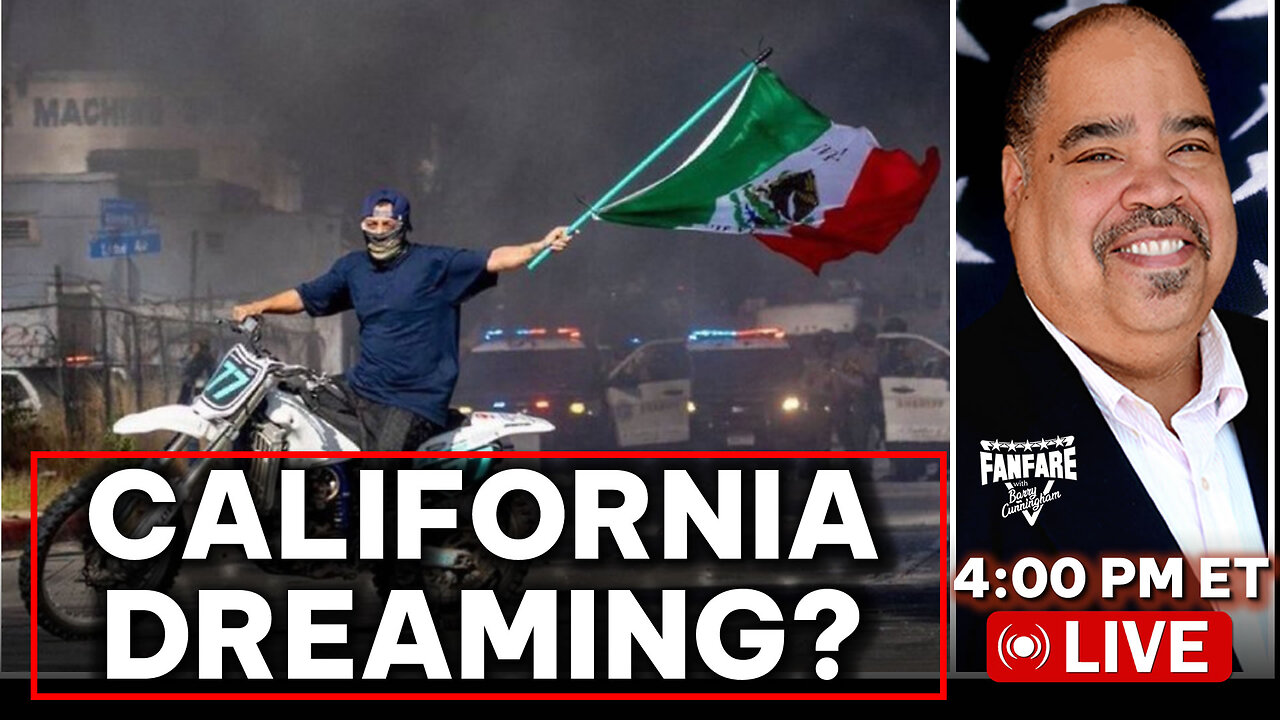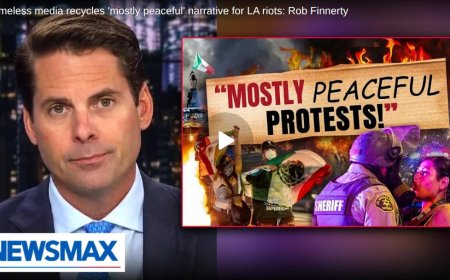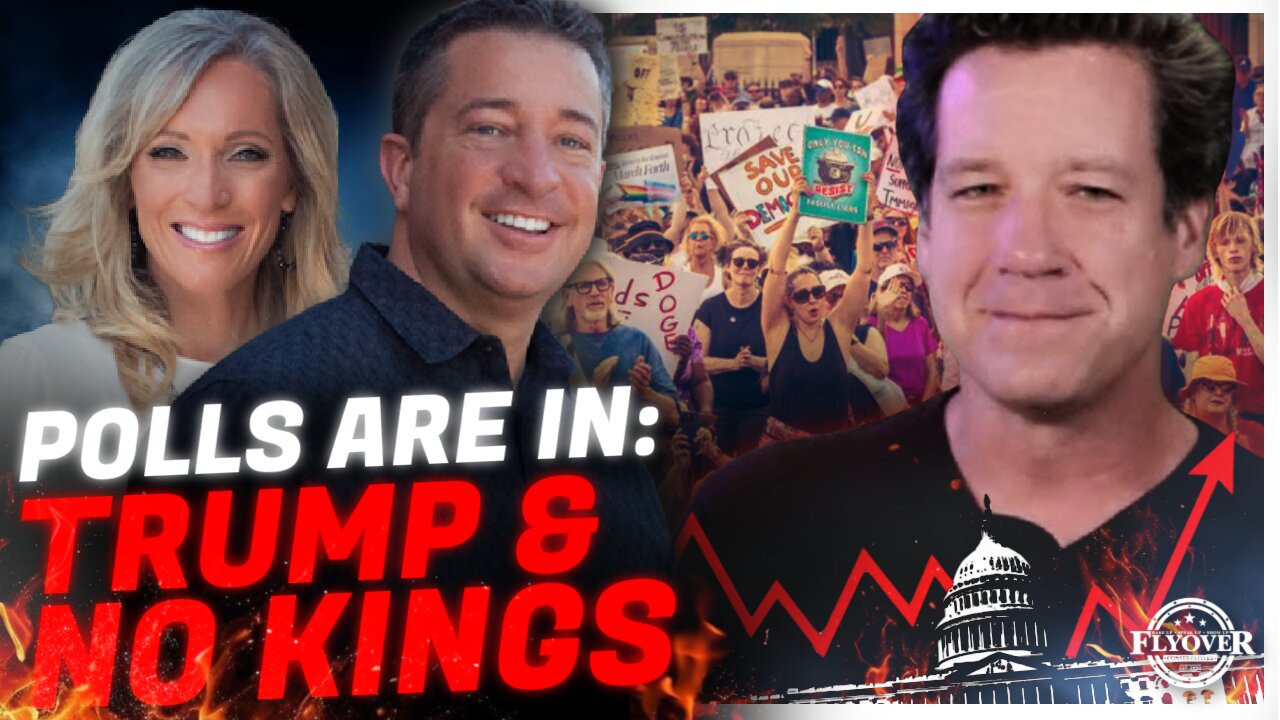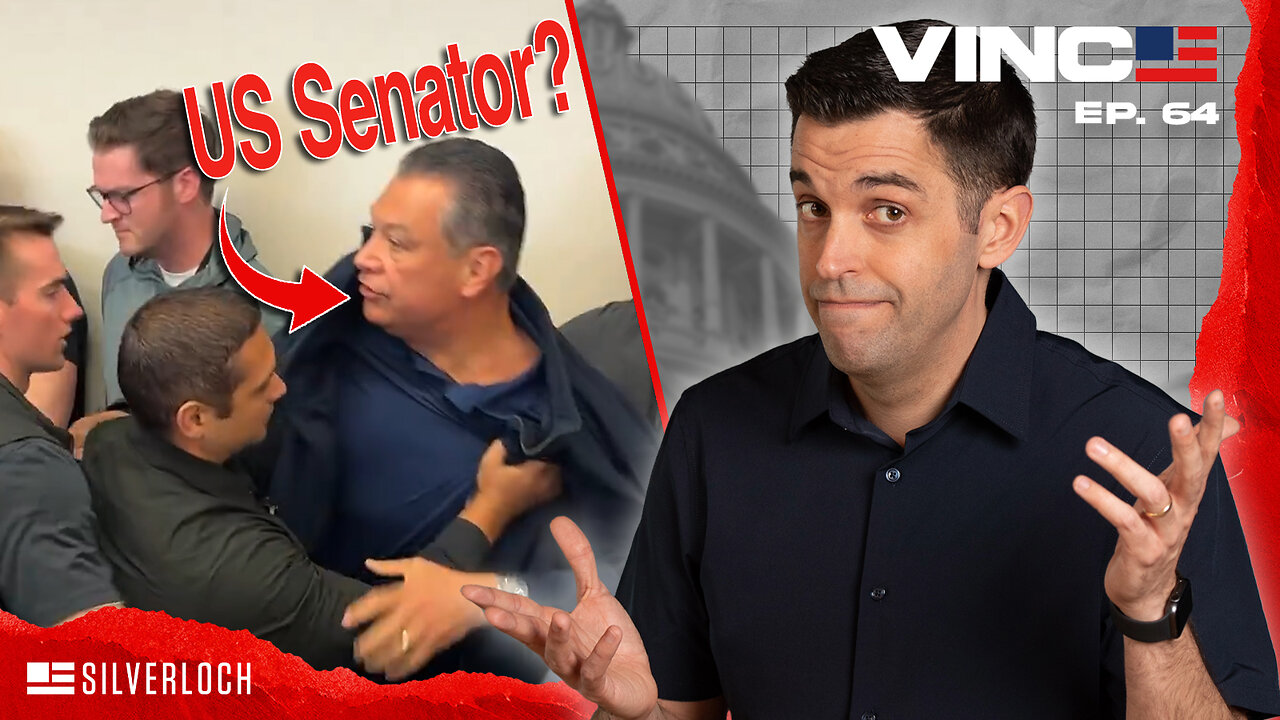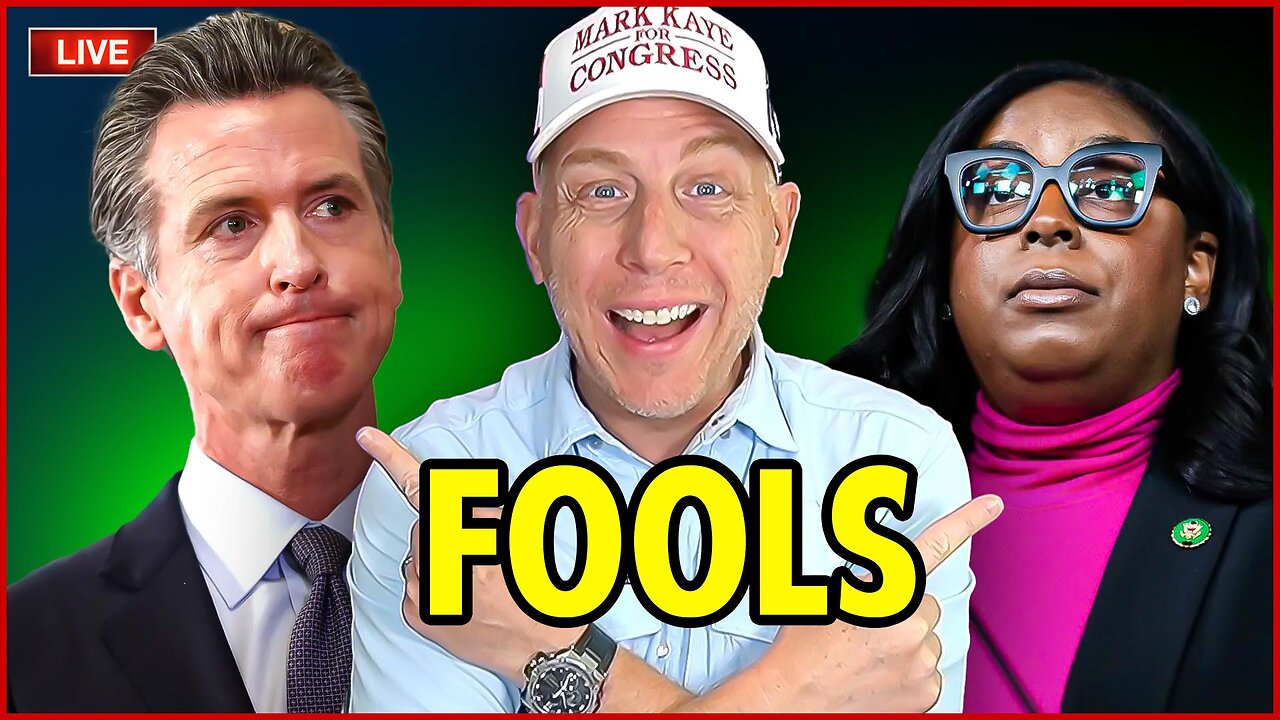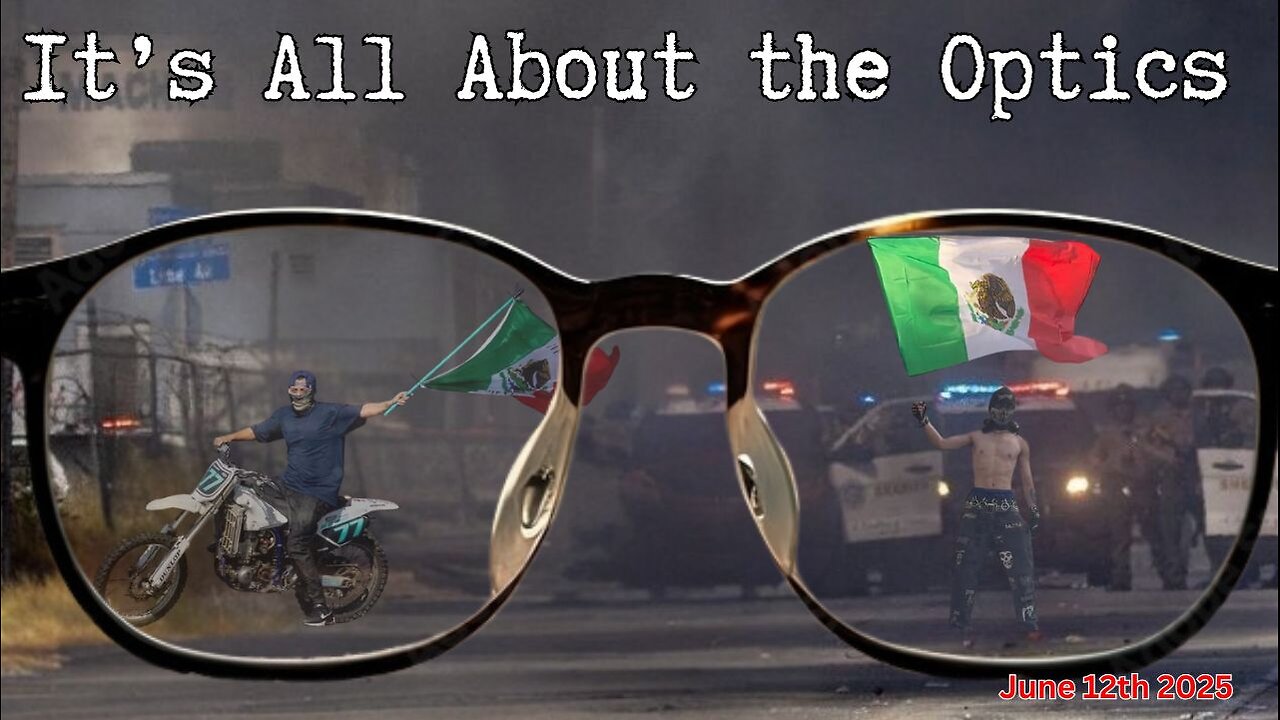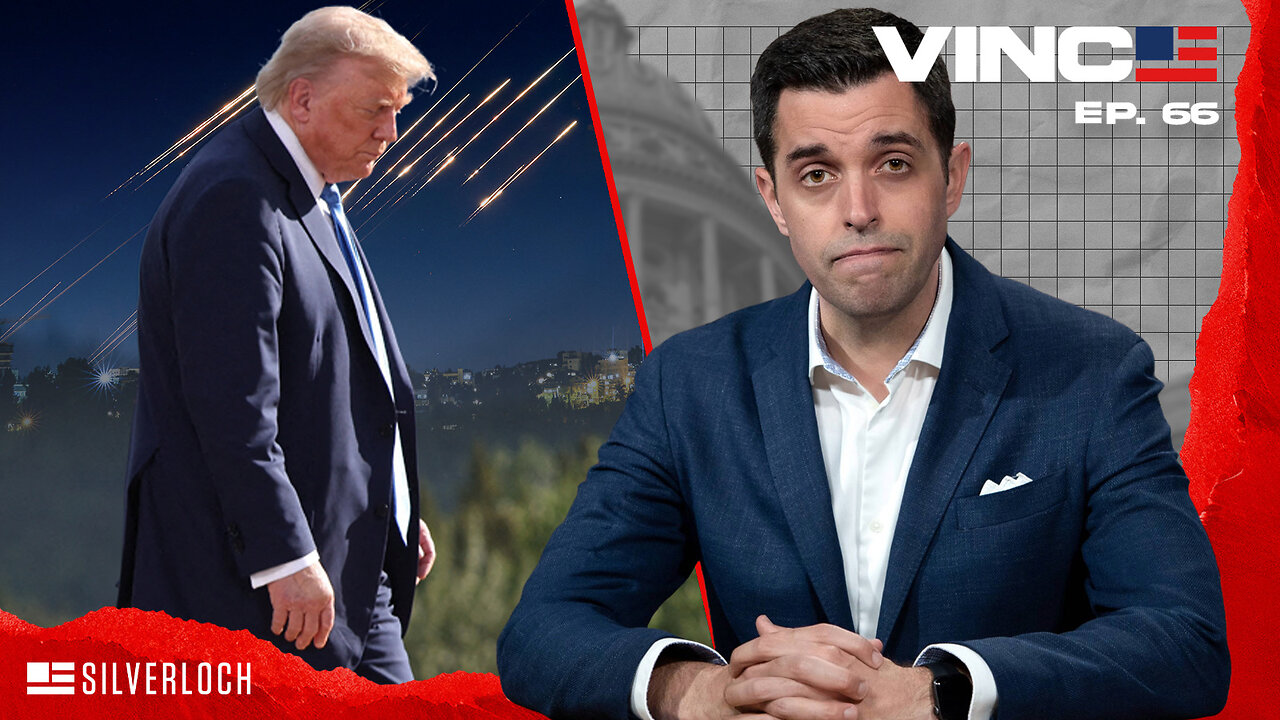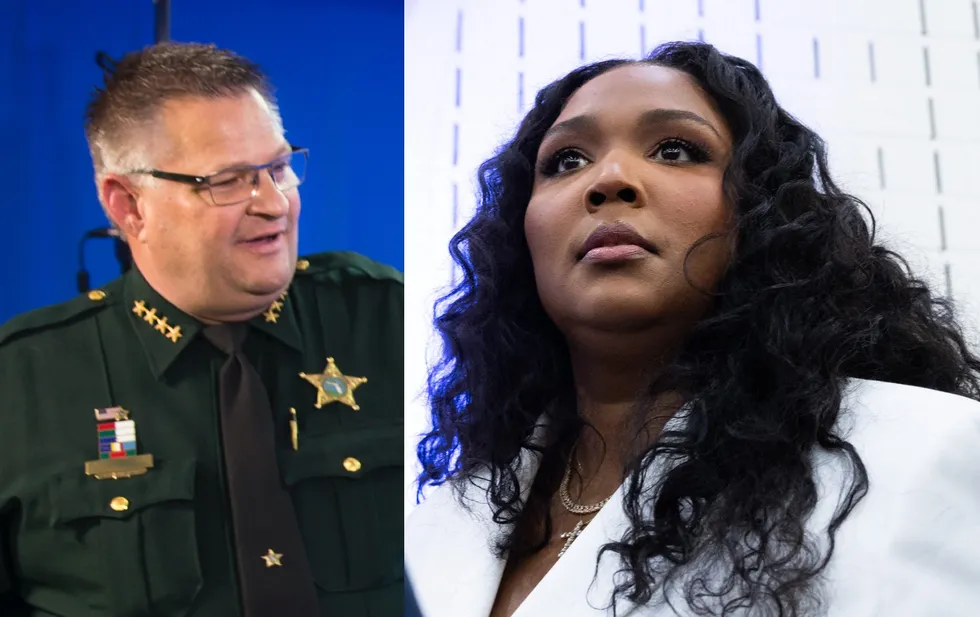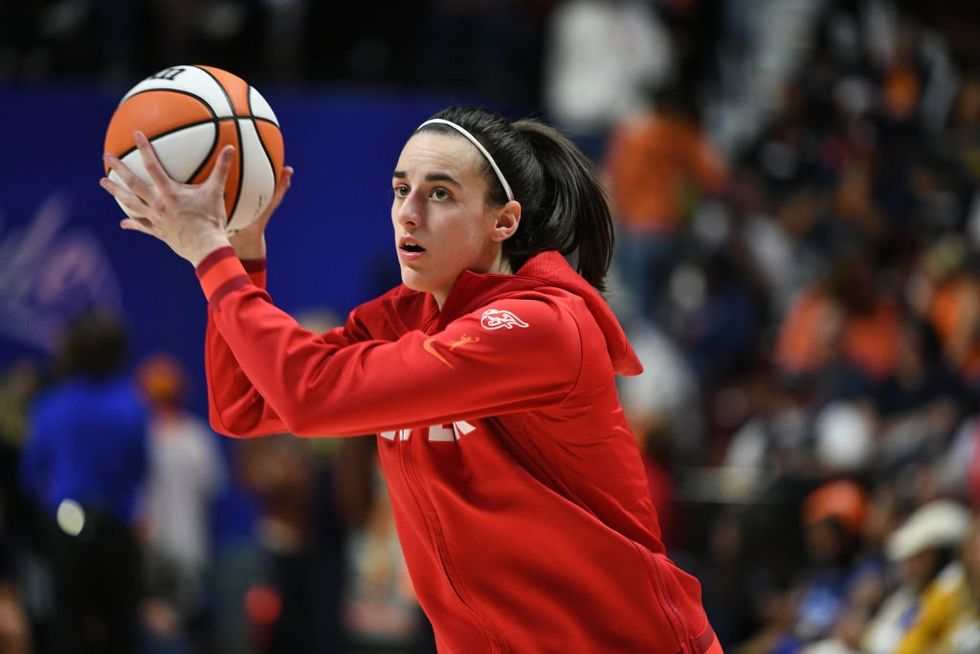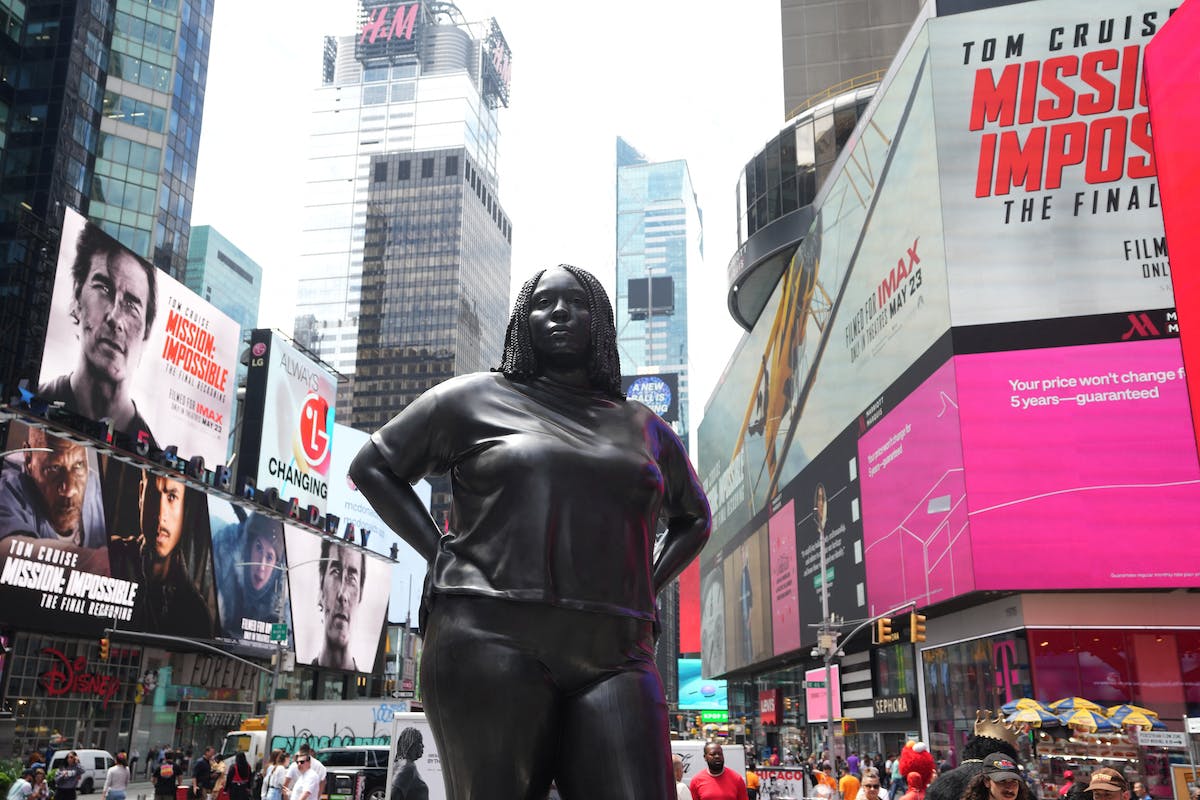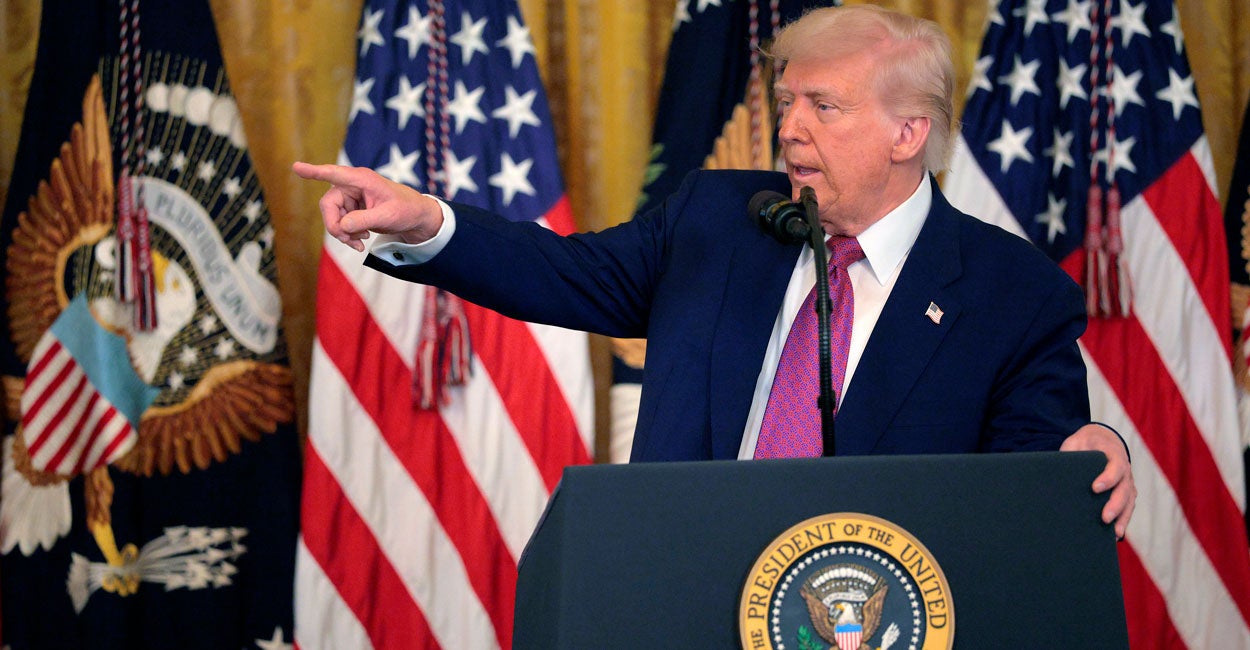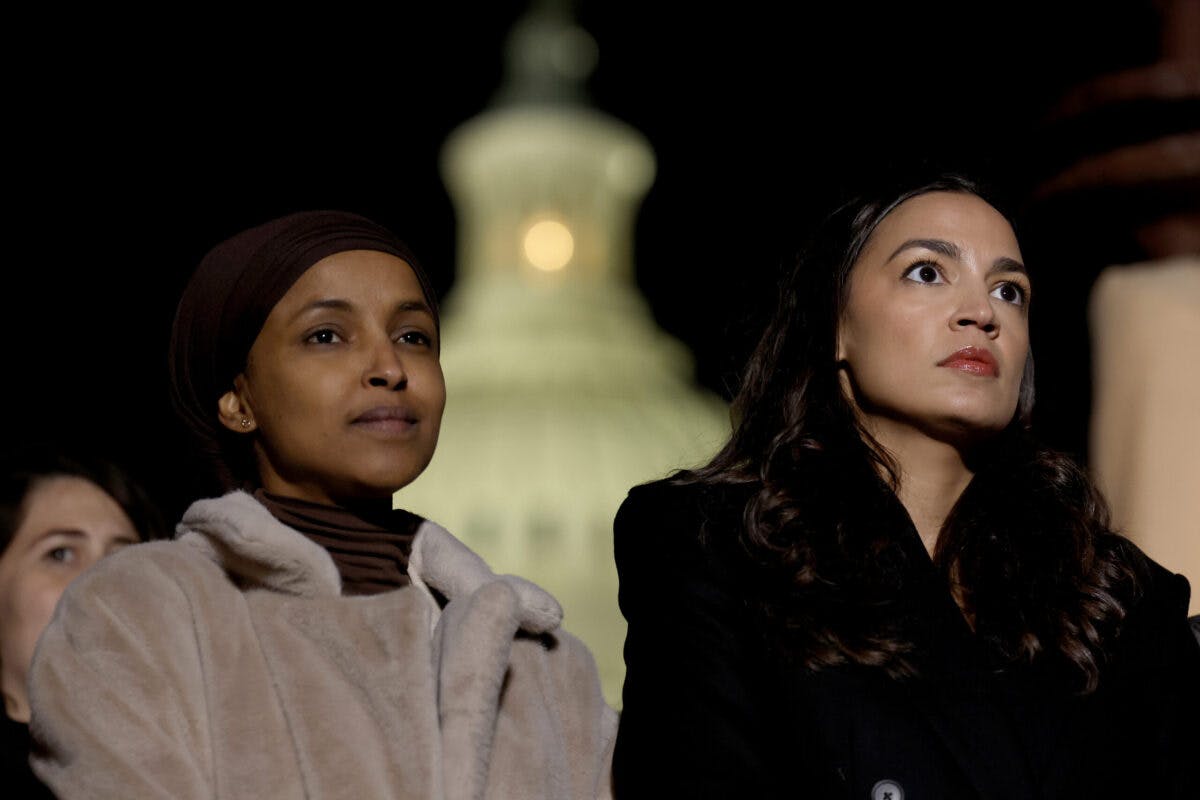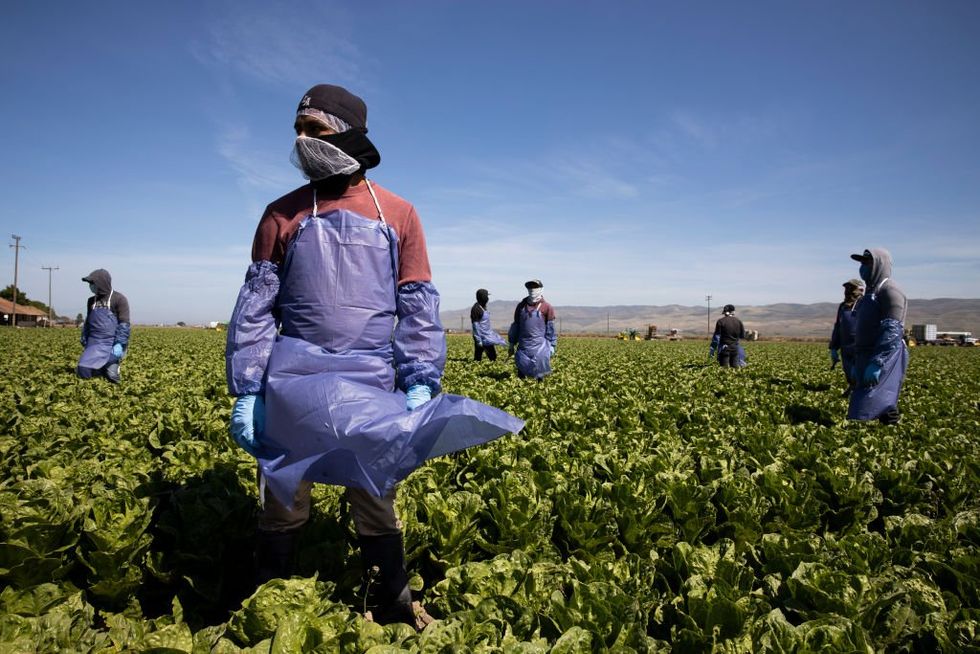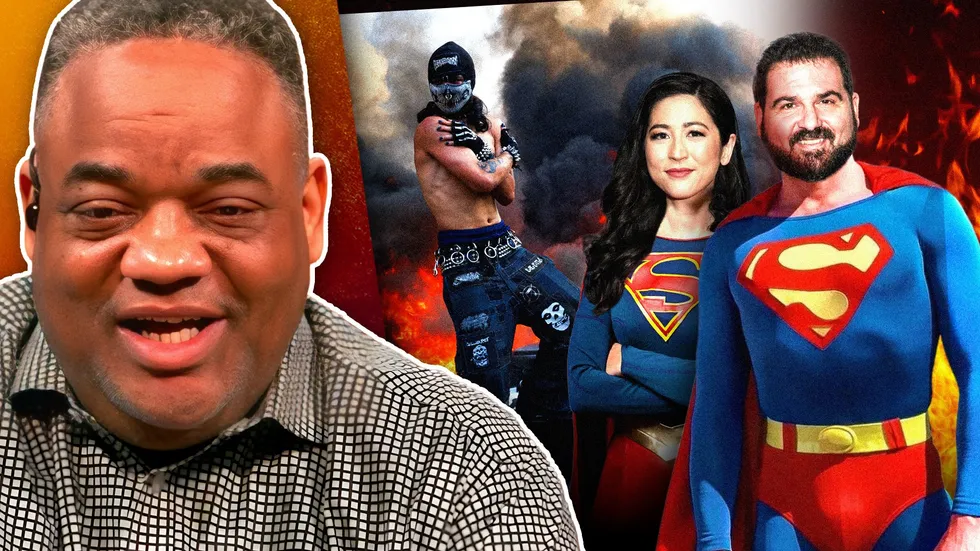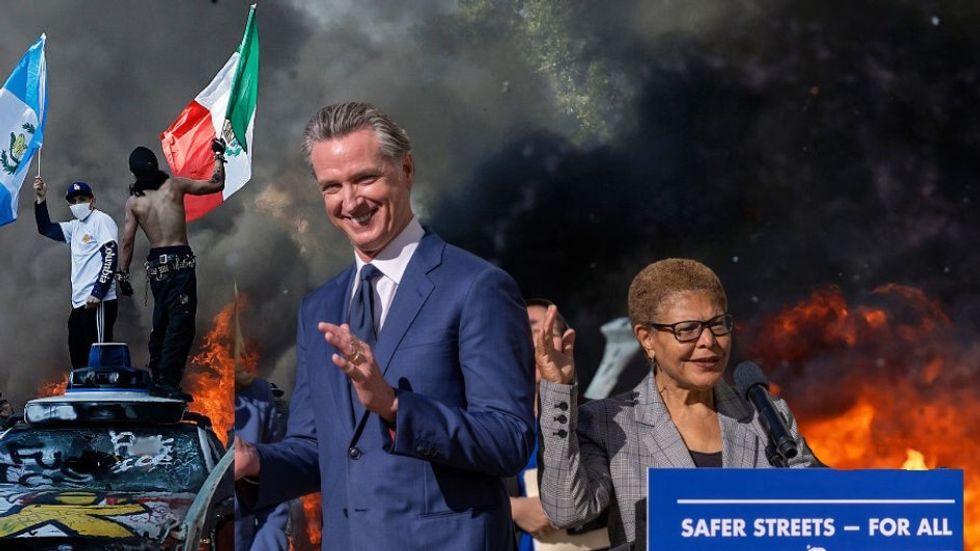Universities Made Oppression ‘Scholars’ Their Presidents. Now Students Feel Oppressed.
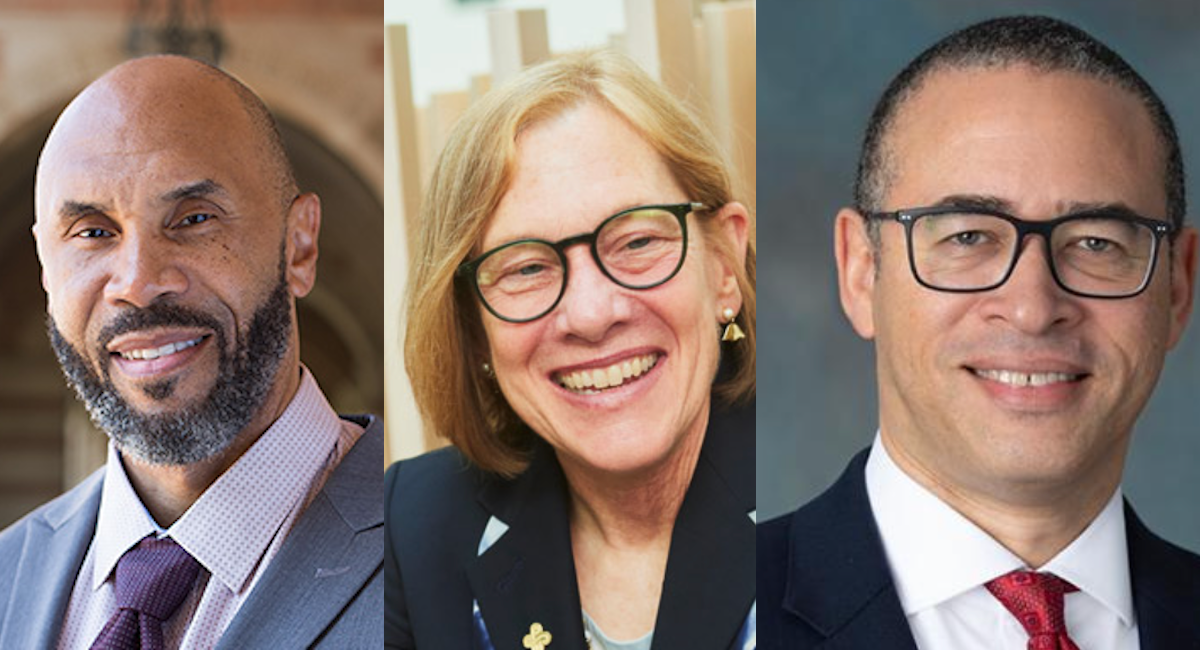
As we prepare to enter the new year, we’re taking you back to some of The Daily Wire’s best reporting from 2024. This article was originally published on May 3.
Universities that selected presidents with academic track records that consist largely of political screeds about oppression are now melting down because of students who say they’re oppressed, a review of academic papers shows.
At UCLA, Provost Darnell Hunt donned a mask and sat on the ground with protesters, who told him that police are on the side of “Zionists,” and that police are going to commit “brutality” against them. After he said he had “to go,” they screamed “shame” at him.
MUST WATCH FOOTAGE: This is UCLA’s Provost, Darnell Hunt, trying to negotiate with the UCLA Encampment Activists.
They effectively lecture him and when he tries to briefly clarify something, they get mad at him, so he decides to leave. The Encampment Occupiers laugh at this… pic.twitter.com/fKJRcXHykQ
— Stu (@thestustustudio) May 2, 2024
Hunt made his career opining on police brutality and racism in the aftermath of riots triggered by purported brutality against Rodney King, writing a book called “Screening the Los Angeles ‘Riots’: Race, Seeing, and Resistance.” The titles of his academic papers, below, give an idea of his area of expertise:
- Reclaiming UCLA (lamenting that “a county that is 9.8% African American — now has a lower percentage of black freshman than either crosstown rival USC or UC Berkeley”)
- Channeling Blackness: Studies on Television and Race in America
- Birth of a Nation’hood: Gaze, Script, and Spectacle in the O.J. Simpson Case
And at Sacramento State, President Luke Wood went back on a threat to remove an anti-Israel encampment, instead allowing them to remain “indefinitely.” Wood has made his career writing about student activism and the oppression of blacks, authoring the book “The Sources of American Student Activism” and papers such as:
- Political Consciousness and Student Activism
- Racelighting Black, Indigenous, and People of Color in Education
- Treat Them Like Human Beings: Black Children’s Experiences With Racial Microaggressions in Early Childhood Education During COVID-19
- I Love My Hair: The Weaponizing of Black Girls Hair by Educators in Early Childhood Education
- Black Men in Higher Education
The review suggests that the unrest on college campuses is not the result of a small subversive faction, but rather one in line with the ideology of those at the highest ranks of the institutions. The papers, focused heavily on social sciences, also raise questions about the real-world utility of the work of those at even the highest levels of academia.
At Rutgers University, an anti-Semitic protester told a Jewish student that “Hitler would have loved you.” Rutgers leadership went on to give in to many of the protesters’ demands, such as agreeing “to develop a plan for the creation of an Arab Cultural Center with designated physical space and a hiring plan for administrators and staff,” and to “develop training sessions on anti-Palestinian, anti-Arab, and anti-Muslim racism for all RU administrators and staff.”
Rutgers president Jonathan Holloway — a former professor of African American Studies at Yale — has contributed to the academic world through papers such as:
- Race, slavery, and Ideology in Colonial North America
- Resistance and African American identity before the Civil War
- The Black Body As Archive of Memory (which “considers the film Shaft and how it was, from beginning to end, one extended middle finger to white America”)
- How to Read The Souls of Black Folk in a Post-Racial Age
Rutgers – Watch as a campus protestor tells a Jewish student “Free Palestine, Hitler would have loved you.”
Just another example of what this is all about – Jew hatred.
Plain and simple Jewish hatred. pic.twitter.com/syUOz7tY4z
— StopAntisemitism (@StopAntisemites) May 2, 2024
At Portland State University, occupiers seized the campus’ main library, fighting with janitors and police, destroying rare books and smashing a historic sculpture based on the Torah.
Today: Portland news station KGW captured the moment the Antifa “guards” for the @Portland_State library occupation pushed someone down the stairs. Far-left extremists have seized the entire Millar Library “for Gaza” and are destroying it inside. pic.twitter.com/PoeeNyhYJJ
— Andy Ngô ????️???? (@MrAndyNgo) May 2, 2024
The university’s president, Ann Cudd, made her career off of lamenting oppression, publishing papers such as one simply titled “Oppression,” which cites Karl Marx, and another titled “Sporting Metaphors: Competition and the Ethos of Capitalism,” which explains that “whole subcultures live among us that avoid sports or capitalism, such as academics.” Her other papers include:
- Analyzing Oppression
- How to Explain Oppression
- Oppression: The Fundamental Injustice of Social Institutions
- Psychological Harms of Oppression
- Psychological Mechanisms of Oppression
- “Merit” In University Admissions
- Feminist Philosophy’s Dependence on the Facts
- Strikes, Housework, and the Moral Obligation to ResistanceAgainst Capitalism As Theory And As Reality
- Feminist Morality: Transforming Culture, Society, and Politics
- Missionary Positions
- Harassment, Bias, and the Evolving Politics of Free Speech on Campus
At Northwestern University, the President’s Advisory Committee on Preventing Antisemitism and Hate disbanded after members quit over President Michael Schill giving in to anti-Israel protesters’ demands without consulting them.
The concessions included full-ride scholarships to “five Palestinian undergraduates to attend Northwestern” and that the school would “provide and renovate a house for MENA/Muslim students.”
President Schill is the author of papers like:
- Black, Brown, Poor & Poisoned: Minority Grassroots Environmentalism and the Quest for Eco-Justice
- Race, the Underclass, and Public Policy
- The Special Bias of Federal Housing Law and Policy: Concentrated Poverty in Urban America
- Polarization, Public Housing and Racial Minorities in US Cities
At Columbia, radicals took over a campus building and covered it in communist symbols, with a female PhD student demanding the delivery of food as “humanitarian aid.”
Reporter grills Columbia student after she demands the university help feed protestors occupying Hamilton Hall:
“It seems like you’re saying, ‘we want to be revolutionaries, we want to take over this building, now would you please bring us some food’.” pic.twitter.com/vNczSAM4T1
— The Post Millennial (@TPostMillennial) April 30, 2024
At Barnard College, Columbia’s women’s college, president Laura Rosenbury is the author of papers like:
- Marital Status and Privilege
- Friends with Benefits
- Postmodern Feminist Legal Theory: A Contingent, Contextual Accountability
Originally Published at Daily Wire, Daily Signal, or The Blaze
What's Your Reaction?
 Like
0
Like
0
 Dislike
0
Dislike
0
 Love
0
Love
0
 Funny
0
Funny
0
 Angry
0
Angry
0
 Sad
0
Sad
0
 Wow
0
Wow
0
